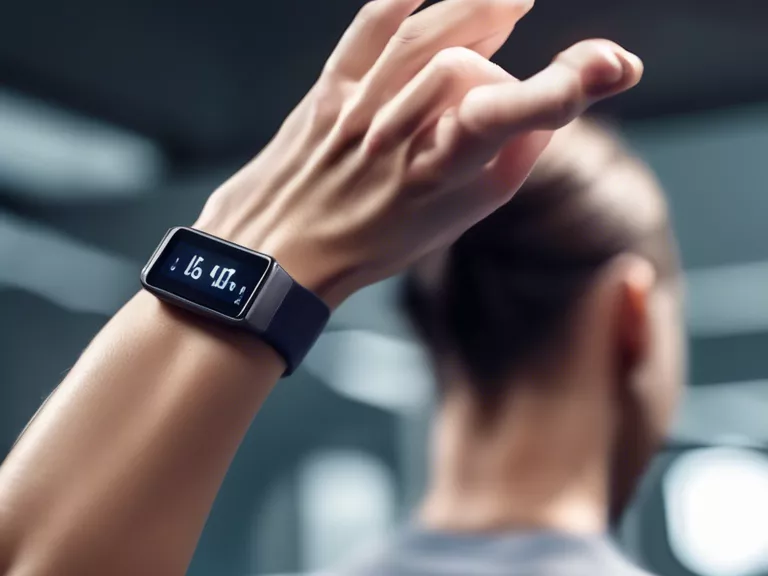
How Smart Wearables are Evolving from Fitness Trackers to Health Monitors
Smart wearables have come a long way since the introduction of fitness trackers. While fitness trackers primarily focused on monitoring physical activity and exercise, the latest generation of smart wearable devices is shifting towards health monitoring. These devices are equipped with a range of sensors and features that enable users to track various aspects of their health in real-time.
One of the key ways in which smart wearables are evolving into health monitors is through the integration of advanced sensors. These sensors can measure vital signs such as heart rate, blood pressure, and even perform electrocardiograms. By continuously monitoring these metrics, users can gain insights into their overall health and detect potential issues early on.
In addition to monitoring vital signs, smart wearables are also incorporating features for sleep tracking and stress management. Sleep plays a crucial role in overall health, and devices that can track the quality of sleep can help users make lifestyle changes to improve their rest. Similarly, stress management features such as guided breathing exercises can assist users in reducing stress levels and improving their mental well-being.
Another area where smart wearables are making strides in health monitoring is through the use of artificial intelligence and machine learning algorithms. These technologies can analyze the data collected by the wearable device to provide personalized insights and recommendations. For example, an AI-powered health monitor could suggest dietary changes based on a user's activity levels and vital signs.
As smart wearables continue to evolve into sophisticated health monitors, the potential benefits for users are significant. From detecting early signs of health issues to providing personalized recommendations for improving overall well-being, these devices have the potential to revolutionize healthcare and empower individuals to take control of their health.



